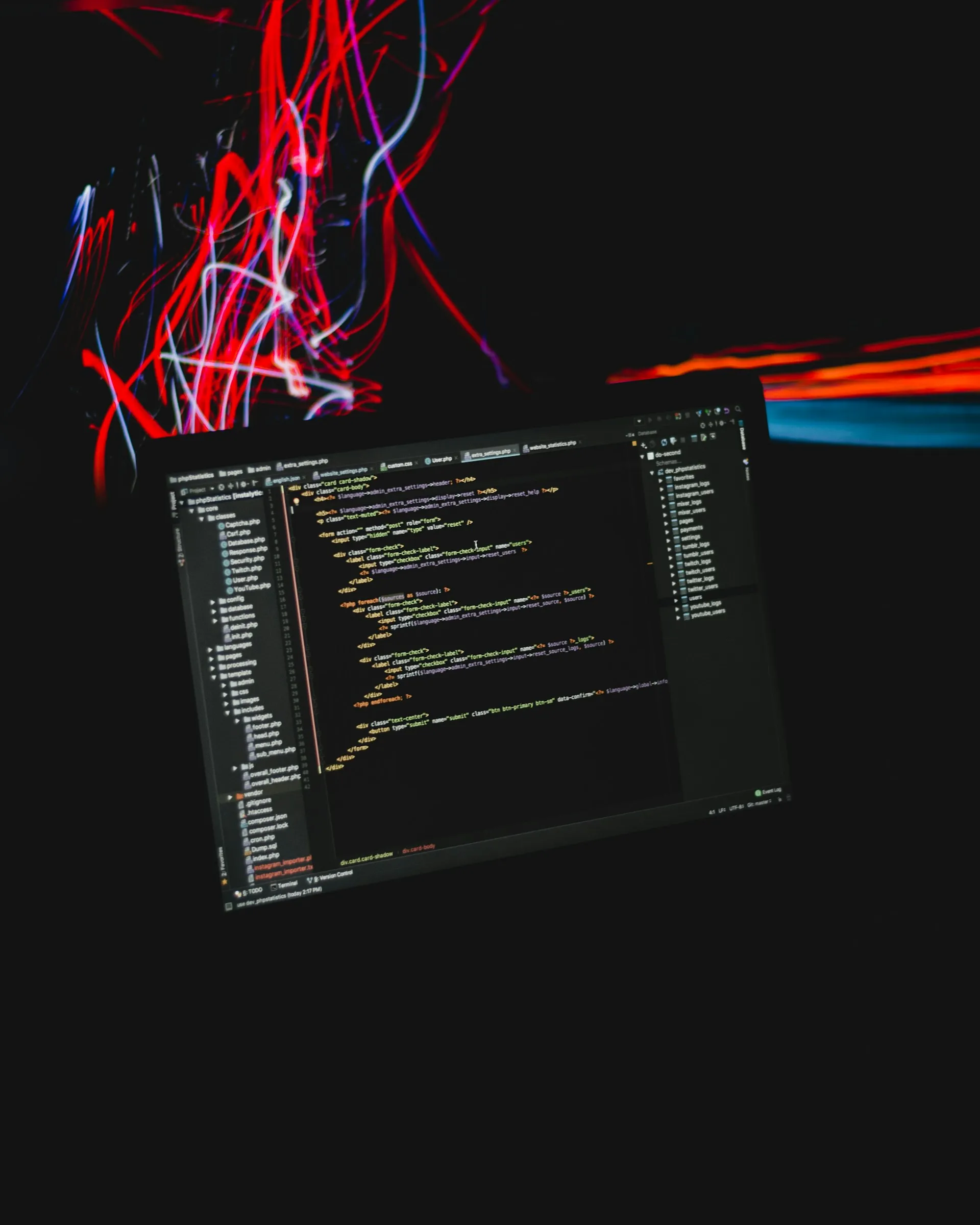
May Tech Recap: Bold Innovations, Blunders, and Risky Moves
Welcome to our monthly deep dive into the tech world. May delivered a whirlwind of breakthroughs and setbacks, from breakthroughs in brain chip technology and AI trends to exciting updates for Windows and the iPhone 17, while businesses grappled with a surge in cyberattacks and unpredictable outcomes in space missions. Read on for an in-depth look at the highs and lows of tech this past month.
Massive Sensitive Data Leaks at Unimed
One of the biggest healthcare cooperatives in the world, Unimed, left a huge database online with millions of private patient-doctor communications revealed by cybernews investigators. These records are derived from conversations with Sara, Unimed’s AI chatbot, as well as human clinicians. Confidential information, including medical data, uploaded documents and images, full names, telephone numbers, email addresses, and Unimed card numbers, has been compromised. Experts caution that the data might be exploited for identity theft, phishing, fraud, or even deliberate discriminatio,n even if no proof of past misuse was discovered.
Apple 17 Offers Improved ProMotion and Larger Display Size
Thanks to smaller bezels, the future iPhone 17 is projected to have a somewhat bigger 6.27-inch display than the iPhone 16’s 6.1 inches. One of the most obvious improvements this might provide is that Multiple sources and analyst Ross Young have supported the rumor, adding credence. While a new iPhone 17 Air may replace the iPhone 16 Plus with a 6.7-inch screen, the Pro and Pro Max versions are going to keep their existing screen sizes—6.3″ and 6.9″. For the basic model, other projected improvements include always-on display support and 120 Hz ProMotion. The Pro versions could receive a back design update, but the regular model will appear exactly as it does now.
Microsoft Authenticator to Drop Password Autofill by August 2025
Microsoft is scheduled to remove the password autofill capability from its Authenticator app in June 2025. New credential storage will be halted in June, the feature disabled in July, and by August 2025, any previously saved passwords will no longer be accessible. Microsoft suggests that users move to Microsoft Edge, so their passwords can stay synced with their Microsoft account. This action aims to make managing credentials easier and to encourage the use of Edge, which has a limited market presence right now. While some users may find the move simpler, if you like using many browsers, it might be wise to export your passwords and consider utilizing a specific password manager for additional possibilities and capabilities.
Windows 11 24H2 Brings a Batch of New Features
June 2025 marks the arrival of the Windows 11 24H2 upgrade, a substantial update loaded with new functionalities. Users can expect improved HDR settings, a smoother file-sharing process, and a new Cross Device Resume feature that makes moving files between your phone and PC effortless. The return of the Copilot shortcut is also notable, now with AI-powered enhancements like refined stylus control, better settings search, and advanced text editing and summarization. Bear in mind that this rollout is gradual; early adopters might encounter some hiccups, so it might be wise to wait for the update’s full stabilization.
New York Times and Amazon Reach Agreement on AI Content
To provide editorial content from The Times, The Athletic, and NYT Cooking for use on Alexa, the New York Times has signed a multi-year contract with Amazon. Amazon will utilize Times sources to train its artificial intelligence programs and include summaries and quotes in its products. Following similar licensing deals between other publications and artificial intelligence startups, this pact came after The Times sued Microsoft and OpenAI for copyright infringement. Although financial specifics were not revealed, NYT CEO Meredith Kopit Levien stressed that the alliance demonstrates the company’s determination to guarantee the appropriate value of high-quality content.
Gmail Now Produces AI Summaries Automatically
Above each message in Gmail, users of Google Workspace will now get an automatically created summary of any extensive email chains. Gemini AI may now automatically generate summaries when it determines that they could be beneficial, eliminating the need for users to actively request them. In the next two weeks, the functionality will be available on mobile for emails sent in English. To deactivate it, go to Gmail’s settings and find the “Smart features” option. Unfortunately, it isn’t accessible on desktop or for users outside of Workspace just now.
SpaceX’s Starship Test Encounters a Setback
The Starship rocket from SpaceX successfully launched from Texas, but it lost control in midair and was unable to accomplish two important goals: installing simulated satellites and completing a controlled splashdown. This was the rocket’s first booster reuse test and its ninth overall. The mission ended early as the top stage spiraled out of control due to a fuel tank leak. CEO Elon Musk highlighted lessons gained and pledged quicker testing in the next weeks despite failures. The event draws attention to the continuous difficulties in creating the rocket that is essential to NASA’s lunar goals and is meant for trips to the Moon and Mars.
Neuralink Achieves New Valuation Milestone
Elon Musk’s Neuralink has reached a significant turning point by raising an extra $600 million, which propels its valuation to nearly $9 billion—a dramatic increase from its $3.5 billion valuation in late 2023. So far, three patients have had neural implants, including a non-verbal ALS patient who showcased the technology’s ability to facilitate communication in a widely shared video. Although Neuralink is just a piece of Musk’s broader portfolio (dominated by SpaceX and xAI), the growing interest in brain-computer interface technologies is hard to ignore. Neuralink constitutes a minor segment of Musk’s enterprise relative to SpaceX and xAI; nonetheless, interest in brain-computer interface technology is growing, with Valve’s CEO, Gabe Newell, also venturing into this domain via his firm, Starfish.
DeepSeek’s New R1 Update Closes the Difference Between Google and OpenAI AI Models
The Chinese AI company DeepSeek has launched an enhanced version of its model, DeepSeek-R1-0528, asserting significant advancements in reasoning, inference, and precision. The business asserts that the new model reduces hallucinations and currently competes with premier models such as OpenAI’s o3 and Google’s Gemini 2.5 Pro, attributable to improved computing capabilities and algorithmic refinement.
Thanks for joining us for this month’s tech recap! Stay tuned and we’ll see you soon with even more stories from the frontier of innovation.


